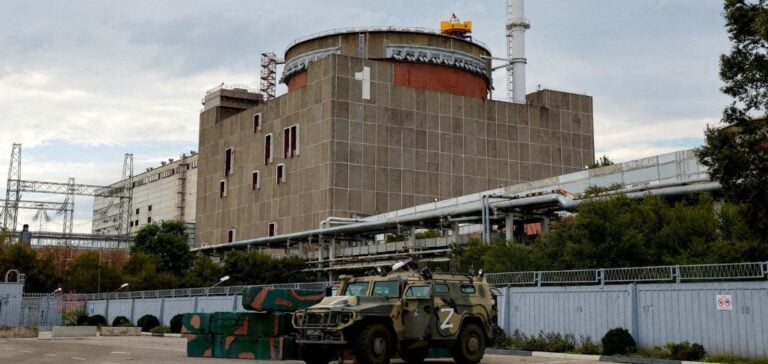“The recent attacks on Ukraine’s Zaporijjia nuclear power plant may mark the start of a new and extremely dangerous war front,” said Rafael Grossi, Director General of the International Atomic Energy Agency(IAEA). This statement was made at the opening of an urgent meeting in Vienna, underlining the seriousness of the situation. In response to the attacks, Ukraine is considering decentralizing its energy production.
Attack details
Since Sunday, the Zaporijjia power plant, Europe’s largest, has suffered a series of drone attacks. “These were the first since November 2022 to target the plant directly,” reports the IAEA. Tensions between Moscow and Kiev are escalating, with each side blaming the other.
Calls for restraint
“The strikes must stop,” insisted Mr. Grossi, asserting that “attacking a nuclear facility is absolutely not an option.” He reiterated the call for “maximum restraint” to avoid a major catastrophe.
Reactions from the parties and the international community
Following the meeting, which lasted three and a half hours, the Russian ambassador to the IAEA, Mikhail Ulyanov, said he was “satisfied with the discussion”, hoping for a cessation of hostilities by Ukraine. The European Union expressed its concern, urging Russia to withdraw its forces to minimize nuclear risks.
Background and future implications
Since the Russian invasion of Ukraine in February 2022, the situation around Zaporijjia has become a critical point of tension. Frequent attacks on the plant, located in Energodar near the Dnieper river, raise major international concerns about regional nuclear security.
Thus, the events in Zaporizhia signal a possible turning point in the Ukrainian conflict, with far-reaching implications for global nuclear security. The international community remains alert to these alarming developments.






















